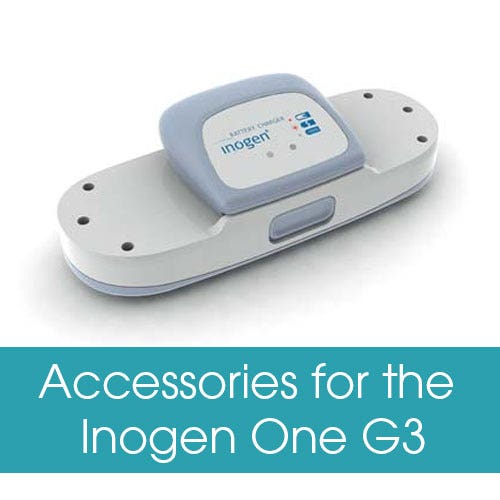
A home oxygen delivery system should not be loud, require frequent maintenance, or be an eyesore in your home. Home oxygen concentrators meet your clinical oxygen needs and, unlike portable concentrators, do not need to be charged and can run 24/7.
The Phillips Respironics EverFlo provides you with freedom in your home to entertain friends, watch TV, or talk with loved ones without concern about a noisy oxygen delivery or an obtrusive unit that takes up a lot of space. Let’s look at the features that make the Respironics EverFlo Q home oxygen concentrator a favorite.









